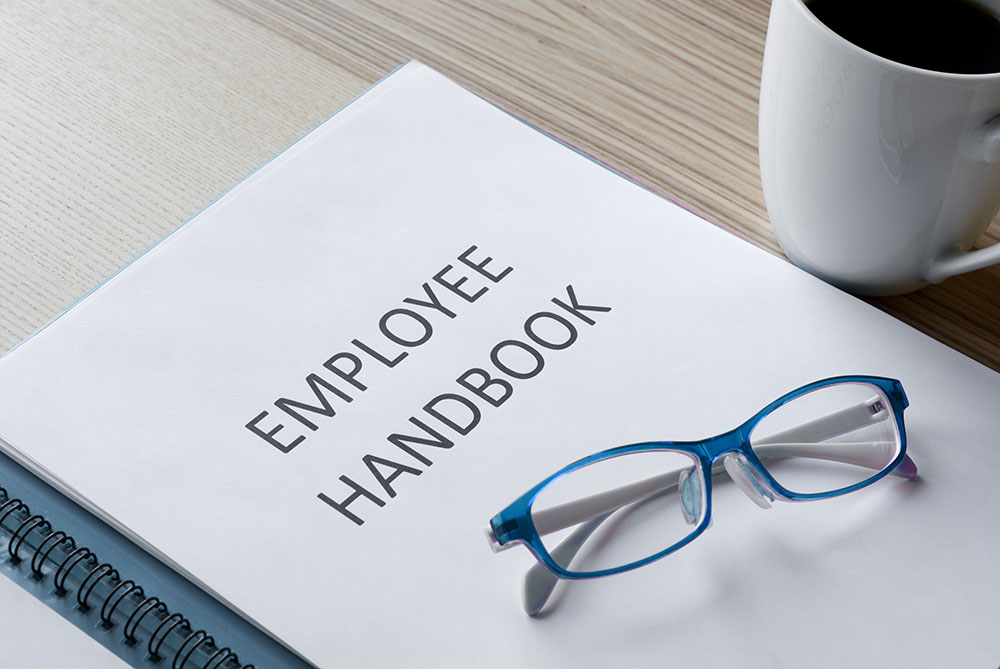Writing the Book on your Business: How and Why

The more your contracting business grows, the harder it can be to keep everyone on the same page when it comes to policies, procedures, practices, and more. The larger your business is, the less likely employees are to know about your company’s policies. For example, 70% of employees of a small business (1-9) say they understand HR policies while only 49% of a mid-sized company (10-200) said the same. While there are no laws regulating the need for a handbook, it’s one of the easiest ways to disseminate information, provide updates on company changes, explain benefits, and onboard new employees. Here are the answers to some of the questions you may have during the writing process of your employee handbook.
What Should an Employee Handbook Include?
- A mission statement
- Values & culture
- Procedures and policies
- Expectations for performance
- Code of conduct
- Benefit/insurance information
- PTO, dress code, breaks
- Retirement plan
Why Would I Need an Employee Handbook?
You may think you don’t need an employee handbook for whatever reason, but this kind of documentation helps provide a level of protection for you as an employer and can help foster a better work environment for your employees. For example, having a handbook in place can help prevent potential litigation, which, according to a Court Statistics Project study, has a median cost of $88,000 if it goes to trial. Depending on the size of your business, simply having a handbook in place can help prevent a substantial financial loss.
How Often Should I Update My Employee Handbook?
The best employee handbooks are never complete. In fact, most HR experts say they update their handbooks at least once a year or as their policies change. It should also reflect any changes made in state or federal law with which you need to comply. Having a digital copy accessible is a great way to make sure employees always have the most updated version available.
Do I Need an Attorney to Make an Employee Handbook?
While you can write the handbook on your own, it does help to have an attorney check that your policies and procedures are clearly stated and can be legally implemented in your workplace, and that they comply with state and federal laws.
How Can I Make Sure Employees Read My Handbook?
To ensure that every employee reads your handbook, it may be helpful to require certification for employees to complete that states they read, understand, and agree to follow the handbook information.
This blog post is intended for educational purposes and not as legal advice. If you have specific questions regarding your business, please contact an attorney.
Blog Archives
No posts for Dec, 2024




